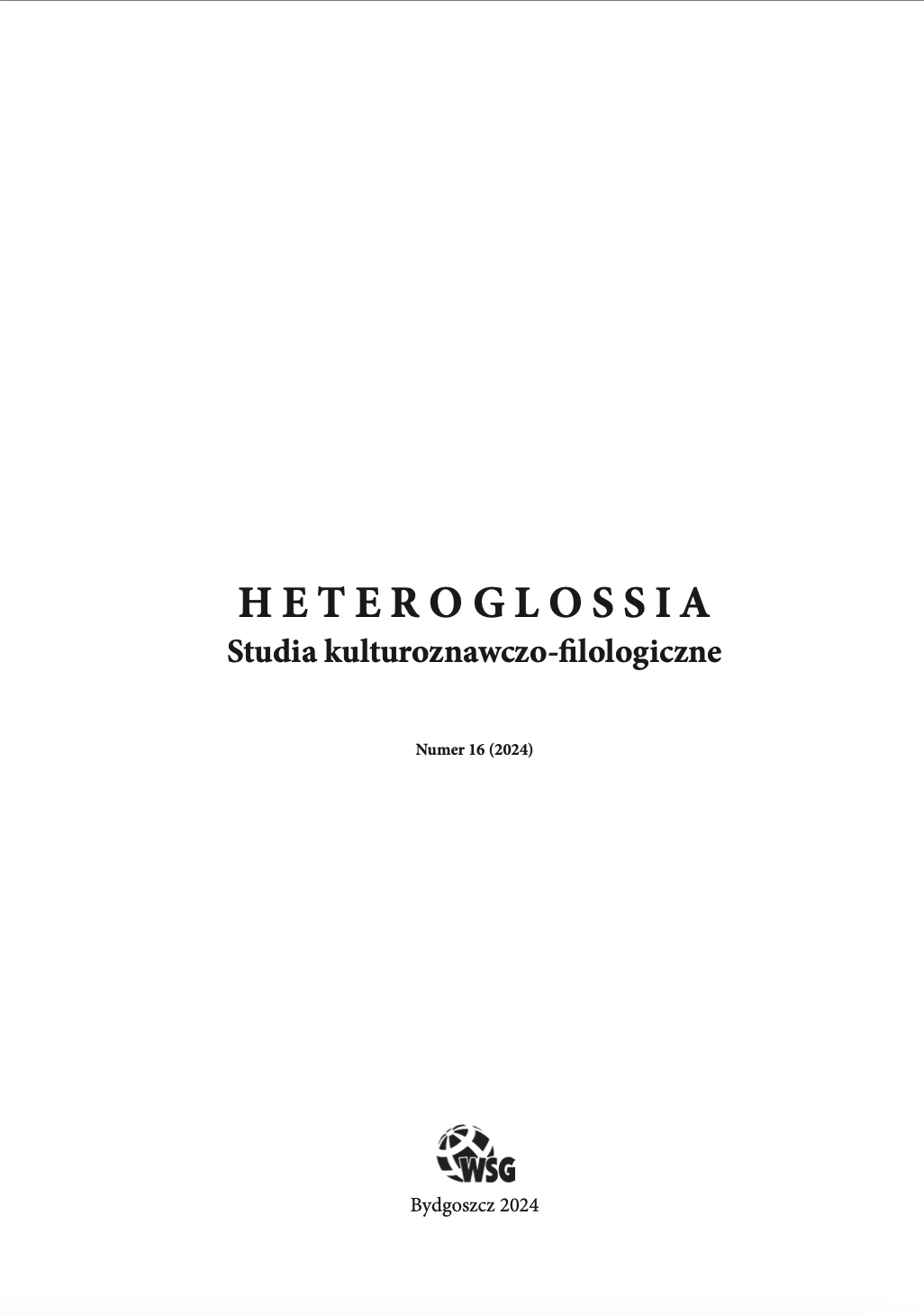Uwarunkowania wojny domowej w Somalii
i implikacje międzynarodowej
interwencji humanitarnej
The conditions of the Somali Civil War
and implications of international humanitarian aid
Author(s): Andrzej PuratSubject(s): Military policy, Geopolitics, Peace and Conflict Studies
Published by: Wyższa Szkoła Gospodarki w Bydgoszczy (WSG)
Keywords: famine; humanitarian aid; civil war; Somalia; Islam;
Summary/Abstract: This article is dedicated to the causes of the breakout of the civil war in Somalia. Italso describes the issues related to humanitarian food assistance provided to thisso – calledfailed state by the Red Cross and UN agencies supported by international armed forces. So-malia is located in the Horn Africa, known for its strategic importance in the world. It playedan essential role in the tactical game of world powers, during both the colonial era and in theCold War.The article describes the dictatorial of Siad Barre, who served as Somali president from 1969 to1991. His authoritarian regime led to the civil war in Somalia. The author also explains the rea-sons of the rise of clan animosities in the Somali ethnic group. They led to brutal internal con-flict in Somalia. It resulted in the destruction of the state, ruined country and its food resourc-es, famine and emigration of population. The article also analyzes international intervention inSomalia in 1992–1995, supported by the peacekeeping forces UNOSOM I i UNOSOM II, andUNITAF (United Task Force) operation code – named Operation Restore Hope carrying outUnited Nations Security Council Resolution 794. Despite many errors made by internationalintervening forces, both operations brought partially positive humanitarian impact.
Journal: HETEROGLOSSIA - Studia kulturoznawczo-filologiczne
- Issue Year: 2024
- Issue No: 16
- Page Range: 275-298
- Page Count: 24
- Language: Polish

